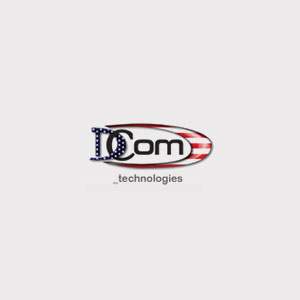Overview:
When choosing the right hosting solution for your business in 2025, there are several critical factors to consider. The right choice can affect your website’s performance, security, scalability, and cost-effectiveness. Here's an overview of the key aspects to evaluate:
1. Performance and Speed:
Website performance is a top priority. In 2025, businesses are expected to have high-speed websites to meet user expectations. Slow-loading sites can negatively affect customer experience and SEO rankings. When choosing a hosting provider, consider options that offer high uptime guarantees, fast load speeds, and optimized infrastructure. Cloud hosting and content delivery networks (CDNs) are great choices to ensure that your website loads quickly, regardless of location.
2. Scalability and Flexibility:
A scalable solution is essential for accommodating increased traffic, additional features, and more data storage. Cloud hosting platforms, like AWS or Microsoft Azure, are particularly suited for businesses that anticipate significant growth. They allow you to scale up or down based on demand without incurring unnecessary costs.
3. Security:
Security is non-negotiable, especially with rising cyber threats. Ensure the hosting solution you choose has strong security features, including SSL certificates, DDoS protection, firewalls, and regular backups. Additionally, ensure compliance with data protection regulations like GDPR, HIPAA, or others specific to your industry.
4. Cost and Value:
For startups, shared hosting or low-cost virtual private servers (VPS) may suffice. However, for larger businesses with greater demands, investing in dedicated or cloud hosting might offer better long-term value.
5. Customer Support:
Managed hosting services are especially beneficial as they provide expert assistance for server management, software installation, and troubleshooting.
6. Environmental Impact:
Hosting providers are investing in green data centers that run on renewable energy sources. Choosing a provider with an eco-friendly approach not only supports the planet but may also resonate well with environmentally conscious customers.
7. Control and Customization:
As it offers more flexibility and customization options in VPS or cloud hosting services than shared hosting and may require more control over hosting environment in some businesses. This level of control allows you to configure server settings, install custom software, and manage resources more effectively.
8. Backup and Disaster Recovery:
Disasters happen, so it’s essential to have a solid backup and recovery plan. Many hosting providers offer automated backups, but it's important to confirm the frequency and ease of restoration. Look for hosting options that provide disaster recovery features to minimize downtime and data loss in case of a failure.
Conclusion:
Choosing the right hosting solution in 2025 requires careful consideration of performance, security, scalability, support, and cost. Whether you opt for shared hosting, VPS, dedicated servers, or cloud hosting, ensure that the solution you select aligns with your business goals and long-term growth. By evaluating these key factors, you can ensure a seamless and successful online presence for your business.










